There’s something undeniably captivating about Mediterranean-style homes. From the warm, earthy tones to the welcoming open spaces, they have an unparalleled charm. In particular, a small Mediterranean house with a stunning courtyard brings a unique blend of elegance and coziness that makes it feel like an intimate retreat. Let’s dive into the beauty of these homes and explore how their courtyards serve as the centerpiece of Mediterranean living.
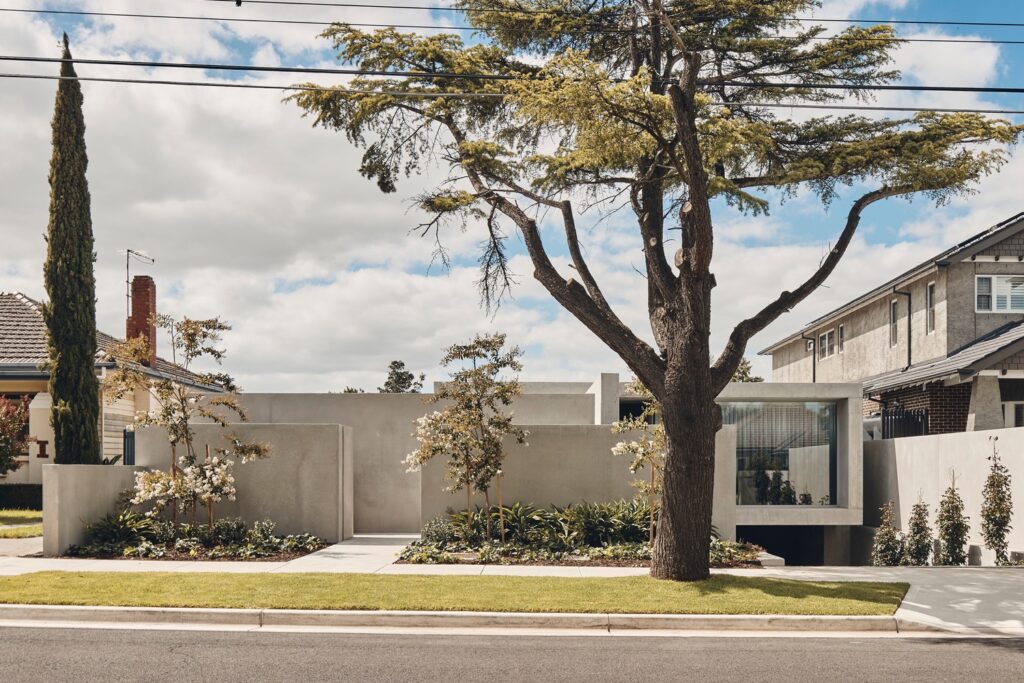
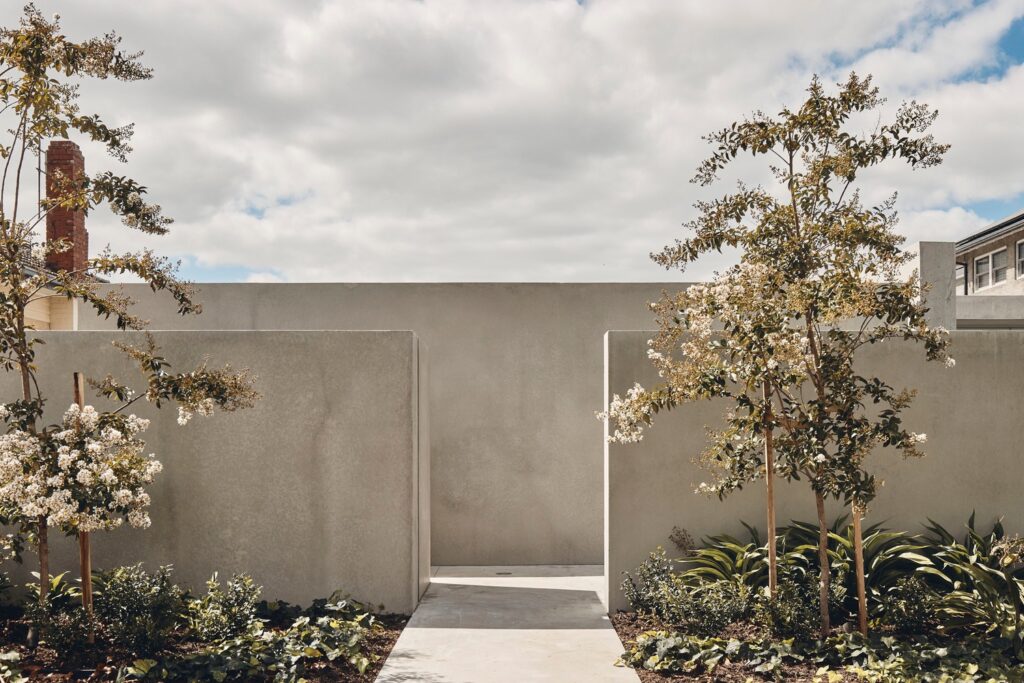
1. The Allure of Mediterranean Design
Mediterranean homes take inspiration from the coastal regions of countries like Spain, Italy, and Greece. They are known for their rustic elegance, featuring stucco walls, red-tiled roofs, arched windows, and exposed wooden beams. These houses are designed to blend with nature, offering open spaces that seamlessly transition from indoors to outdoors. Even though the size may be small, Mediterranean homes exude luxury through their thoughtful design.
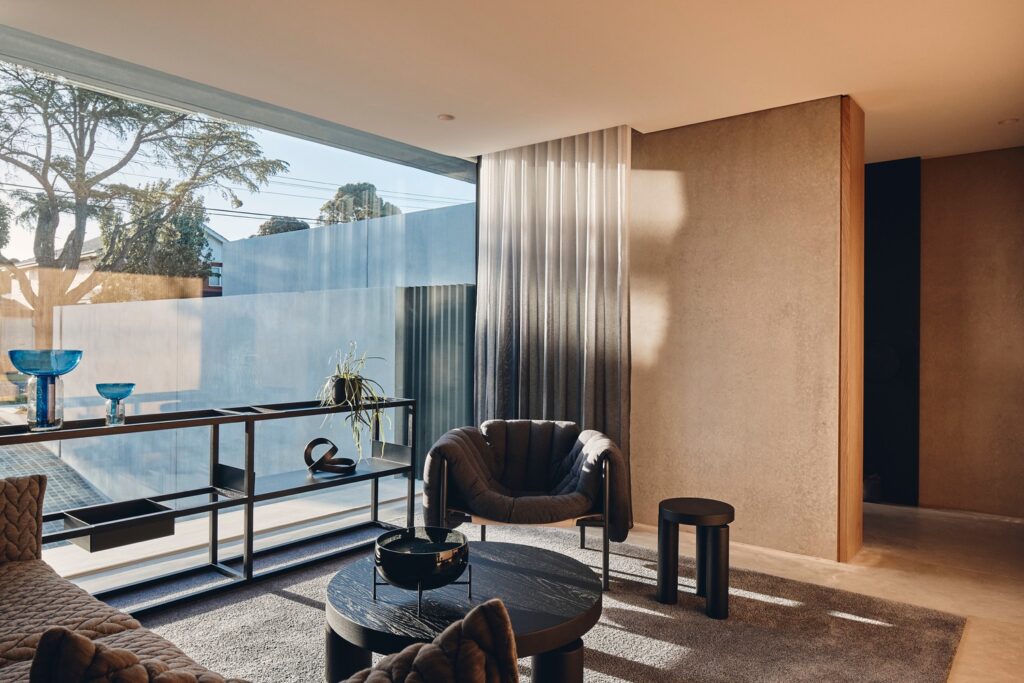
2. What Makes the Courtyard Special
The courtyard is the heart of Mediterranean homes, especially in smaller designs where space is at a premium. A stunning courtyard serves as an outdoor extension of the house, often enclosed for privacy and offering a tranquil oasis. It’s more than just a backyard—it’s a place for relaxation, dining, and enjoying nature.
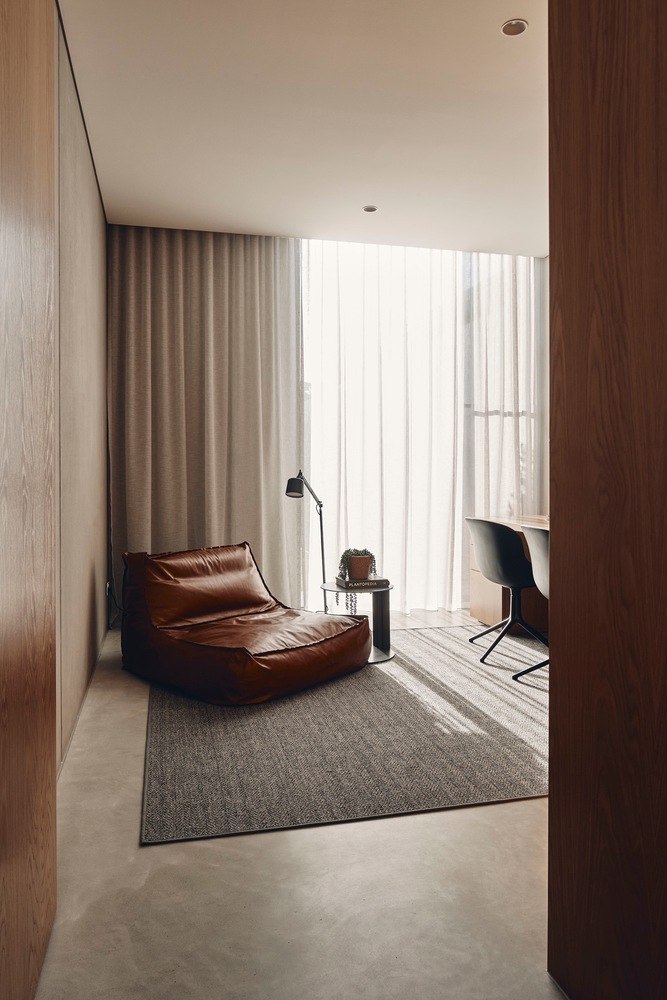
Key elements that make a Mediterranean courtyard stunning include:
- Lush Greenery: Olive trees, lavender, climbing vines, and other Mediterranean plants create a lush, serene environment.
- Terracotta Tiles: The rich, earthy tones of terracotta tiles give the courtyard a warm and inviting feel.
- Water Features: A small fountain or water feature adds a soothing ambiance, perfect for unwinding after a long day.
- Rustic Furniture: Wrought iron or wooden furniture complements the natural beauty of the space while offering a cozy area for dining or lounging.
- Soft Lighting: String lights, lanterns, or soft outdoor lamps bring a magical glow to the courtyard, especially in the evenings.
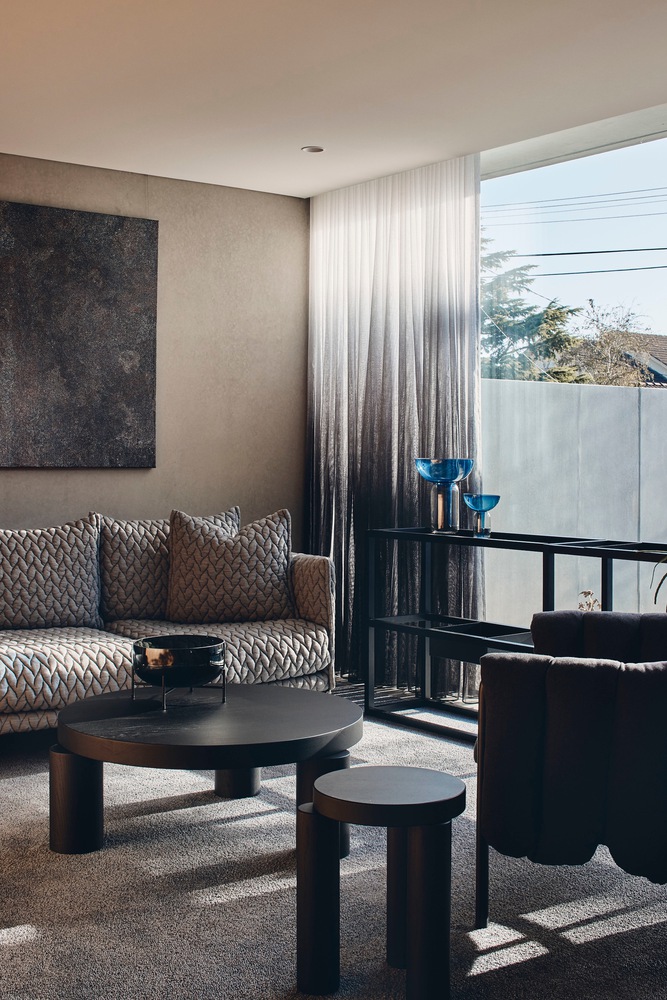
3. Maximizing Small Spaces
A smaller Mediterranean house doesn’t sacrifice functionality or beauty. The key to making a small space feel larger lies in the seamless flow between indoor and outdoor areas. Courtyards are cleverly designed to serve as an extension of the indoor living space. Large windows and doors that open directly into the courtyard allow natural light to flood the home, giving it an airy, spacious feel.
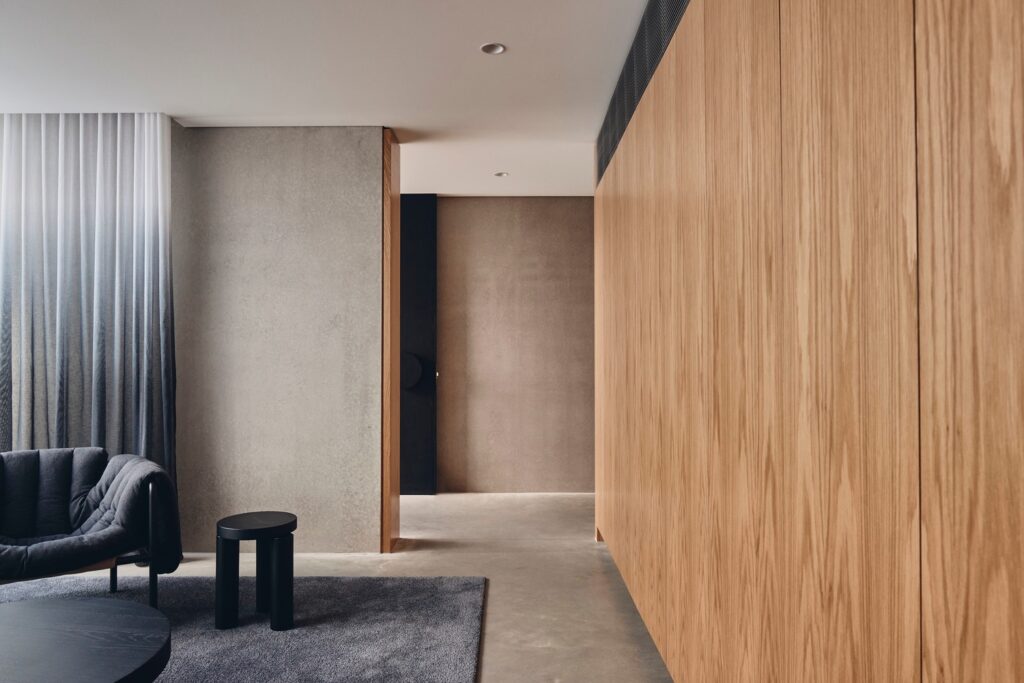
4. Bringing the Indoors Out
One of the best features of a Mediterranean home with a courtyard is the way it encourages indoor-outdoor living. By incorporating outdoor dining areas, a small fire pit, or even an outdoor kitchen, homeowners can fully enjoy their courtyard year-round. This space becomes an ideal spot for entertaining guests or enjoying quiet mornings with a cup of coffee.
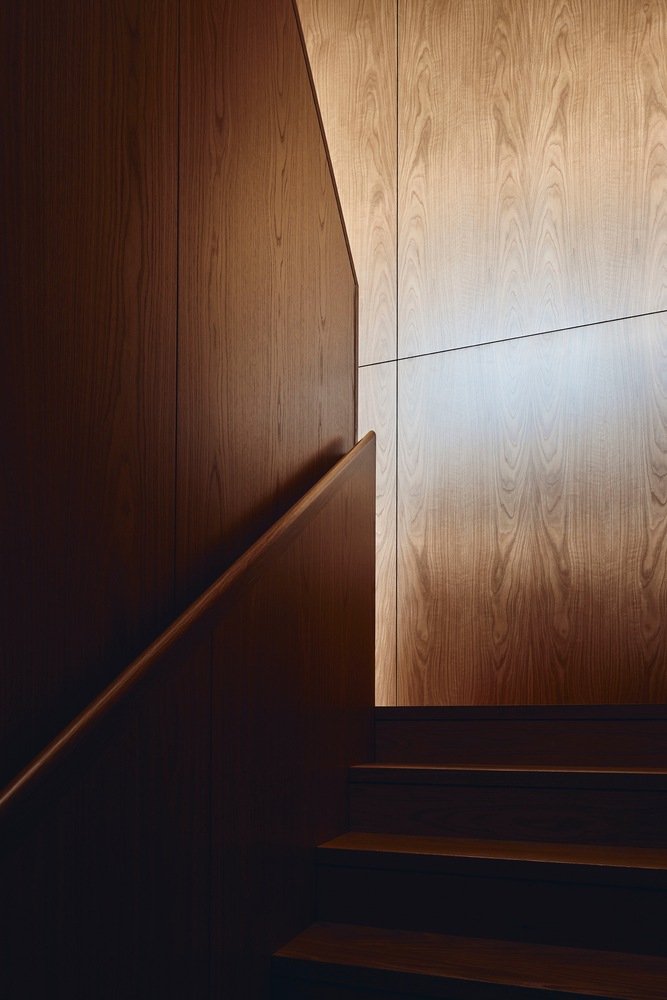

5. Personalizing Your Courtyard
While traditional Mediterranean courtyards have their classic elements, personal touches can make yours truly stand out. Consider adding:
- Colorful Tiles: Incorporate vibrant, hand-painted tiles for an artistic flair.
- Outdoor Art: Hang weather-resistant artwork or sculptures that reflect your personality.
- Hammocks or Daybeds: For a more relaxed atmosphere, add comfortable seating like hammocks or daybeds to enjoy a sunny afternoon nap.

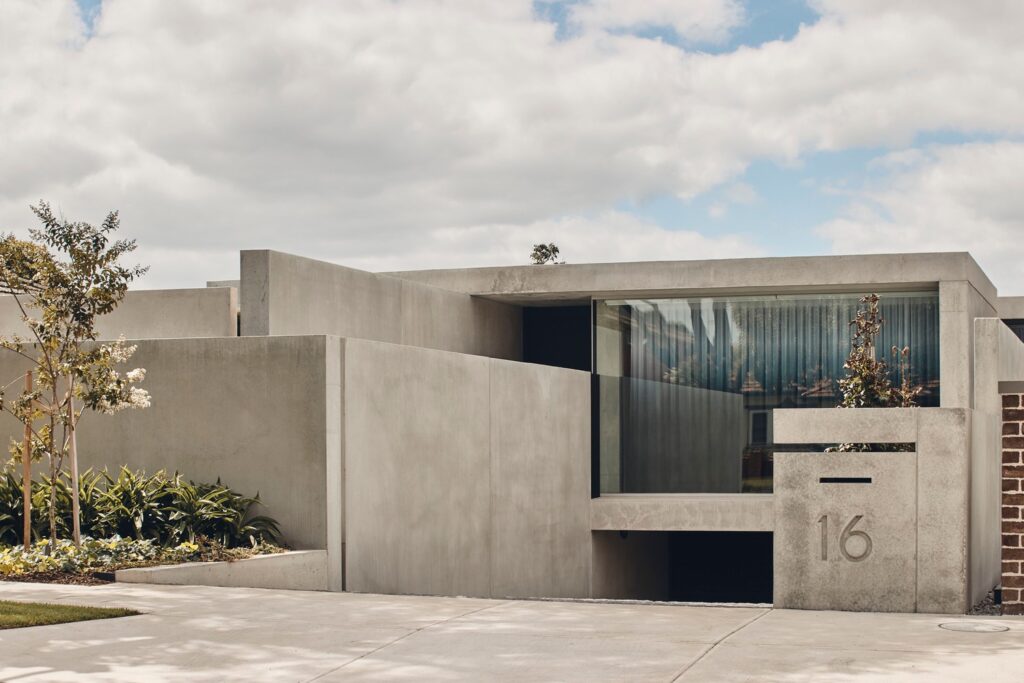
6. A Small Home with Big Appeal
Though small in size, a Mediterranean house with a courtyard has immense character. It offers an intimate space that feels like a luxurious escape while still being functional and practical. The courtyard enhances the experience of living in such a home, making it the perfect place to relax, entertain, and embrace outdoor living.
FAQs
1. What is a Mediterranean-style house?
A Mediterranean-style house is inspired by the coastal regions of countries like Spain, Italy, and Greece. These homes feature stucco walls, red-tiled roofs, arched windows, and a seamless blend of indoor-outdoor living spaces, often centered around a courtyard.
Read Here.
- 10 Chord Progressions That Every Aspiring Guitarist in the USA Should Master
- Violin Lessons for Kids: Fun and Easy Ways to Start Learning
- How can you play the C# chord quickly and easily on acoustic guitar?
- Breaking Down the G/B Chord: A Simple Approach for Pianists
- How to Improve Your Violin Playing with Simple Practice Routines

